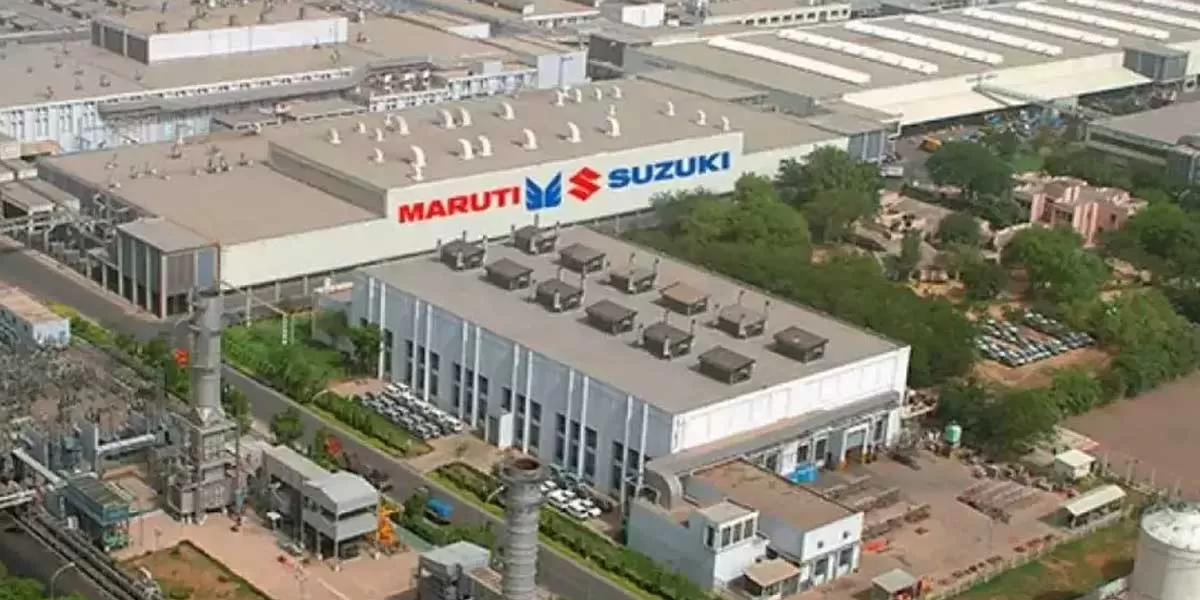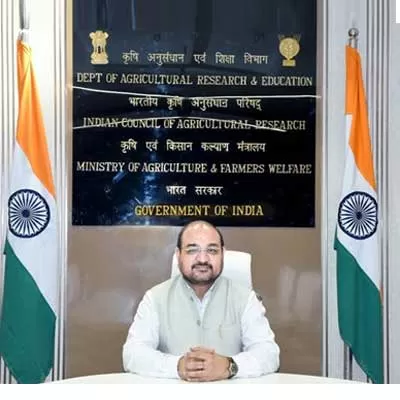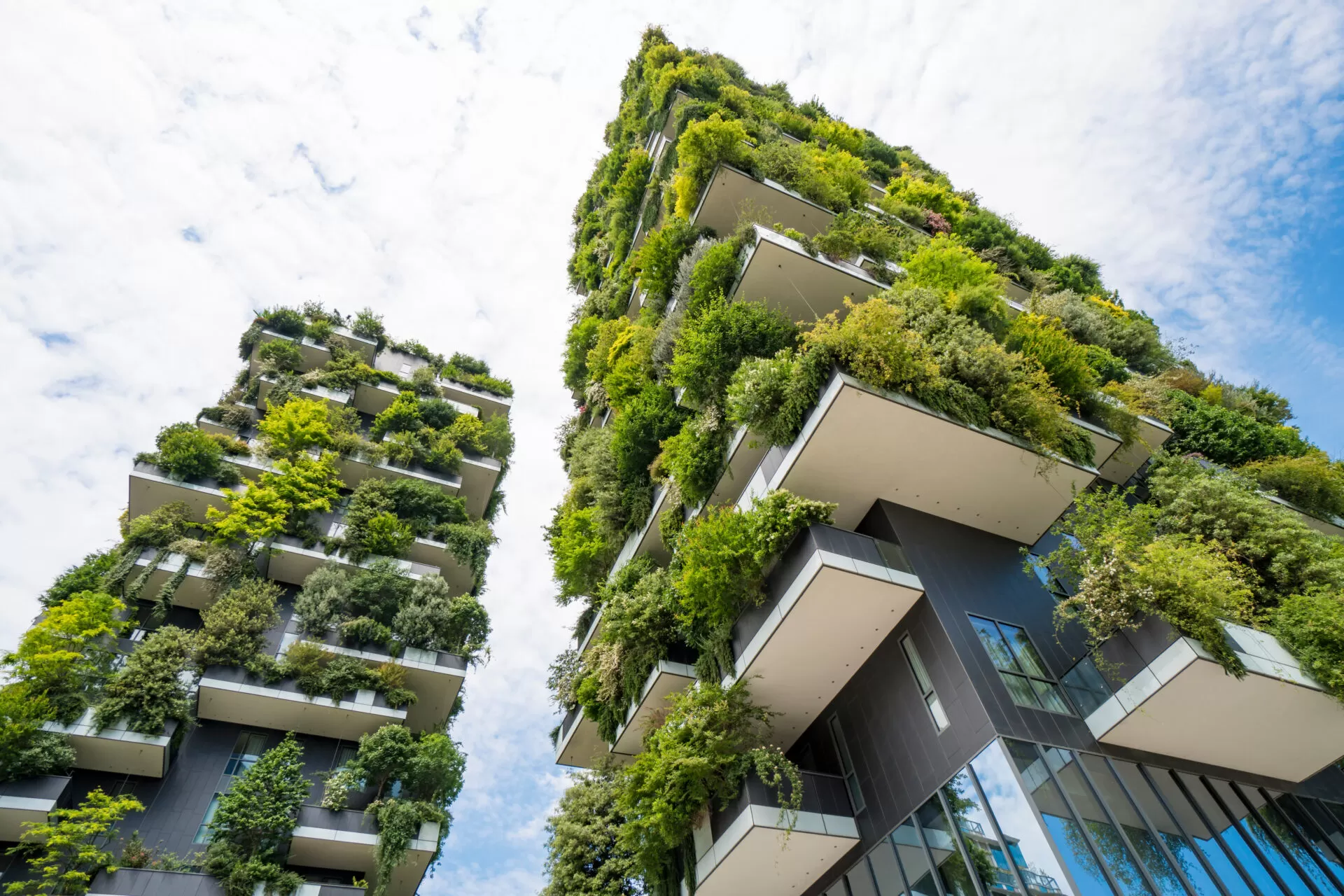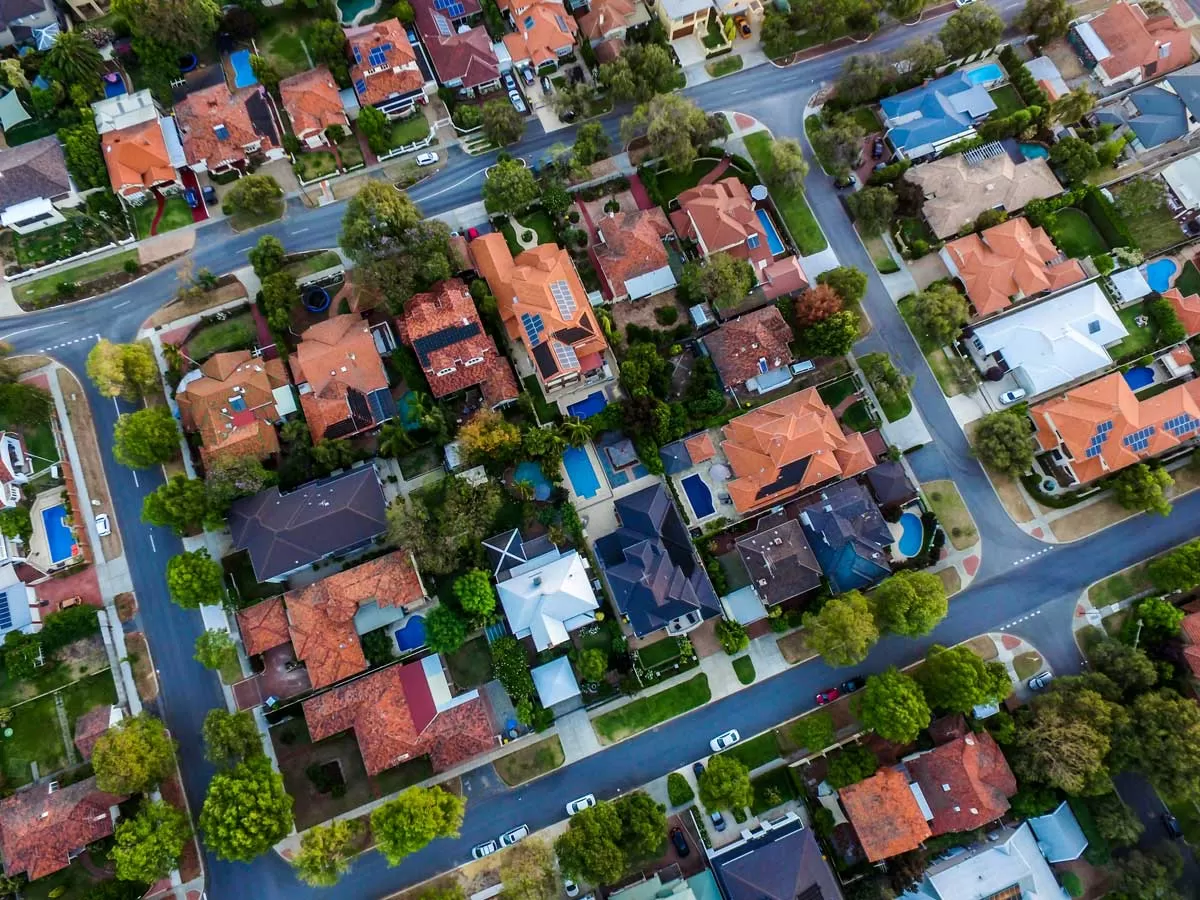
Maruti Suzuki to invest Rs 4.50 billion in renewable energy

Dr Mangi Lal Jat Appointed as Secretary, DARE and DG, ICAR
Dr Mangi Lal Jat, a renowned agronomist and global expert in sustainable agriculture, has officially taken charge as the Secretary of the Department of Agricultural Research and Education (DARE) and Director General of the Indian Council of Agricultural Research (ICAR). The appointment, approved by the Appointments Committee of the Cabinet, is for a tenure of three years.Prior to this, Dr Jat served as Deputy Director General (Research) and Director of the Global Research Program at ICRISAT, Hyderabad. With over 25 years of experience in agronomy, climate-resilient agriculture, and conservatio..

Transforming Real Estate with Sustainable Choices
The times are changing for the construction industry. Once associated with high carbon emissions, energy consumption, and waste, they are now waking up to the environmental cost of traditional practices. Companies are now looking to be a part of the solution instead of the problem. Using recycled materials in building projects is one of the most accessible yet significant changes. This one change has the potential to lower project costs, energy consumption, and landfill usage. Giving Old Materials a New PurposeRecycled building materials aren’t just scraps from old sites. These material..

UP Housing Board Finalises 40-Acre Development Plan in Vasundhara
The Uttar Pradesh Housing and Development Board (UPHDB) has finalised a 40-acre development plan in sectors seven and eight of Vasundhara, Ghaziabad, under a mixed land use model. The layout includes a 10-acre satellite centre for the All India Institute of Medical Sciences (AIIMS) and two major plots of 20 and 10 acres for group housing and commercial use. According to officials, the project falls under the Transit-Oriented Development (TOD) zone of the Regional Rapid Transit System (RRTS) corridor, with the Sahibabad Namo Bharat station located nearby. The auction process for the plots is e..














